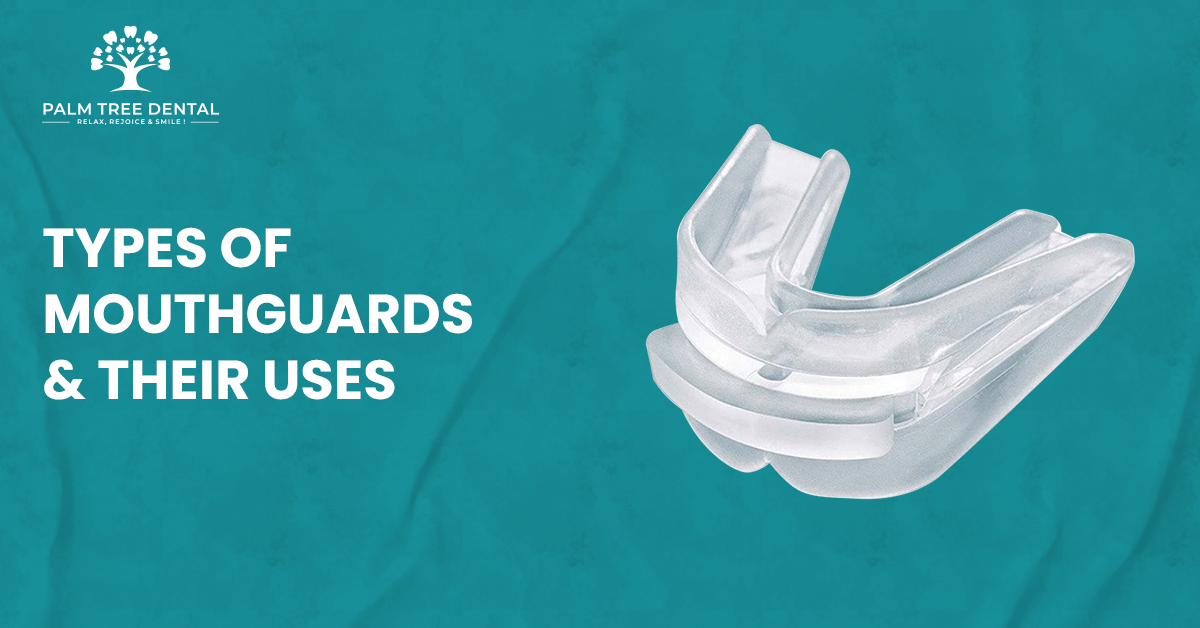Despite their hardness, the teeth require special care to avoid harm. Using a mouth guard is one way to prevent damage to the teeth. They protect the teeth from various forms of damage.
In the worst-case scenario, you may chip your teeth while you sleep due to excessive grinding. As a sportsperson, you run the risk of having your teeth pounded by teammates or opponents while playing, whether intentional or unintentional. To prevent these sharp jabs from damaging your teeth, you should wear a mouthguard.
While most mouthguards are designed to fit the upper jaw alone, one will be tailored to fit the lower jaw as well if you have braces or other dental equipment below. In most cases, using a mouthguard won’t cause any discomfort. Rather than making it harder to breathe when you sleep, they actually make it easier.
A dentist may prescribe a mouthguard for individuals who snore or suffer from Obstructive Sleep Apnea (OSA), a medical disorder that limits airflow and causes choking while sleeping. If a dentist believes you need one, they will recommend a specific type of mouthguard based on your specific tooth condition.
Types of mouthguard
Stock Mouthguard
You can easily find this kind of mouthguard. They may be found in any supermarket’s medication section or athletic goods section. You may get them in small, medium, and large sizes. On top of that, they’re inexpensive, so you can get them whenever you want. People commonly use these guards, despite their high cost and widespread use potentially causing pain.
A mouthguard that is too big or doesn’t fit can result in people not being able to purchase one that is the right size for their teeth. It can be difficult to speak clearly when wearing a stock mouthguard, and they don’t always fit.
Boil and Bite Mouthguards
Boil-and-bite mouthguards, much like stock mouthguards, are quite inexpensive and available in drugstores. Customization to match the wearer’s teeth sets them apart. Boiling water and then chowing down on the mouthguard will do the trick. Boiling it makes it soft, so you can shape it to fit your teeth by placing it on top of them. The package includes detailed instructions that you can refer to whenever you need clarification.
Custom Mouthguards
Your dentist will take an impression of your teeth and send it to a lab for further processing. The next step is to schedule an appointment with the dentist to pick up your mouthguard. The custom fit of the mouthguard will alleviate any discomfort caused by misaligned teeth.
Although getting mouthguards is simple, Visirand provides the best dental care ever, in addition to the proper mouthguards for your teeth.
Why is a mouthguard necessary?
Some people should not wear a mouthguard. You shouldn’t wear a mouthguard unless you regularly engage in activities that could damage your teeth. Athletes and their wives use the majority of mouthguards. When playing sports such as football, boxing, basketball, soccer, skateboarding, ice hockey, ice skating, etc., a person’s teeth or lips could sustain injuries from falls or impacts. Because of this, mouthguards are a common accessory for athletes.
Conclusion
Doctors prescribe mouthguards for specific medical issues. People who clench or grind their teeth while sleeping use mouthguards to protect them from harm. Additionally, a mouthguard is necessary for the treatment of obstructive sleep apnea (OSA). Finally, a mouthguard can lessen the snoring-inducing vibrations in the upper jaw as you sleep.

